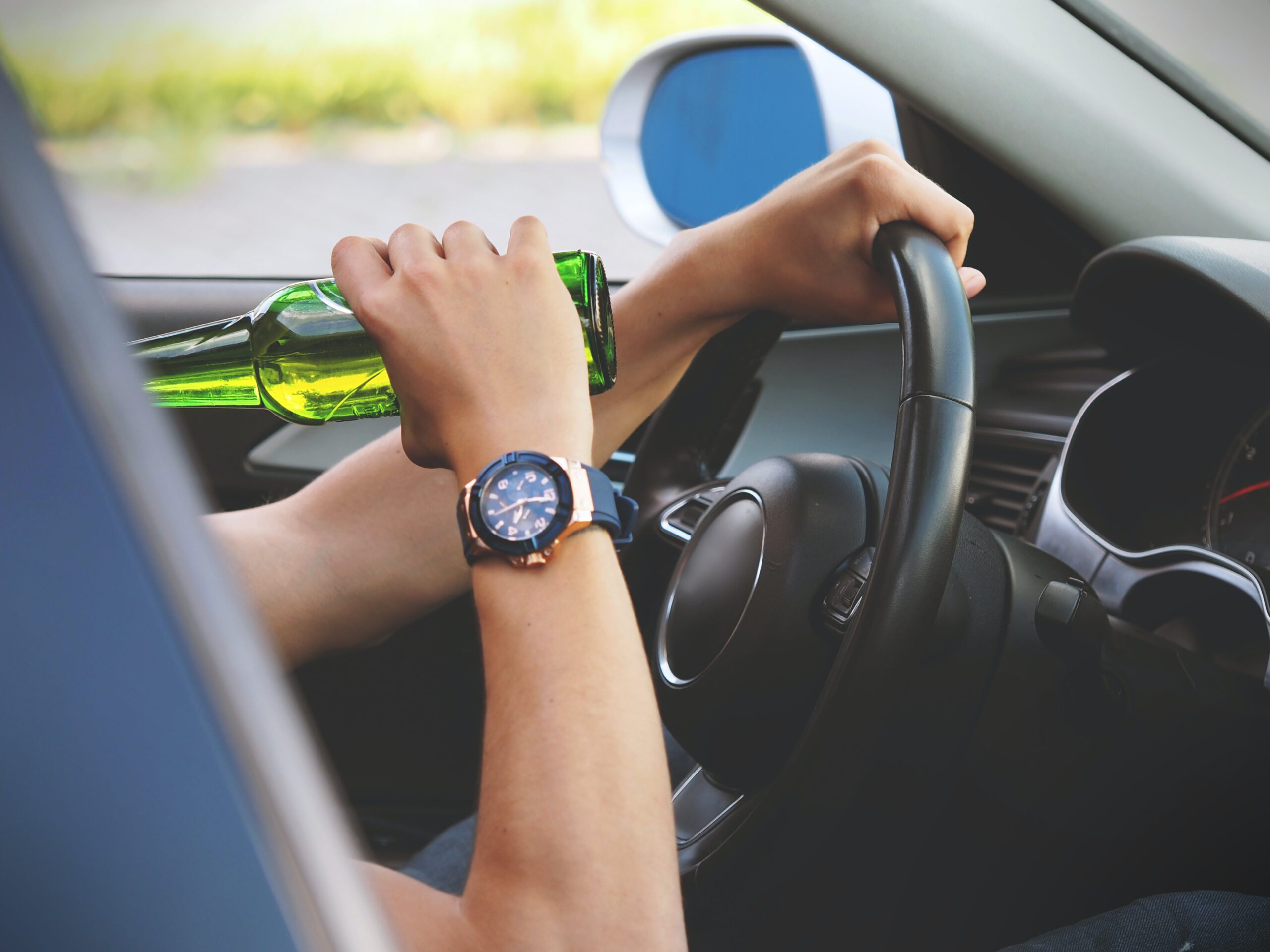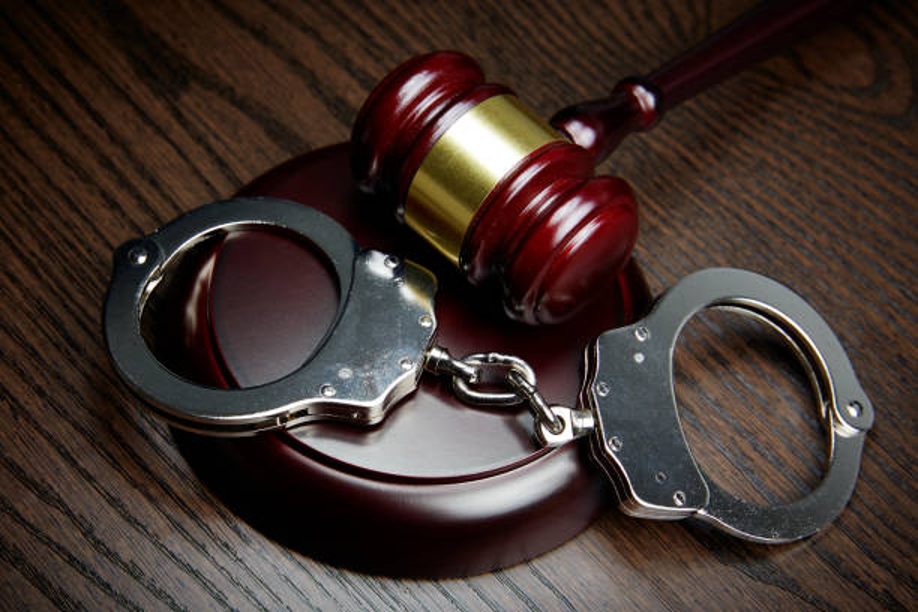Now Reading: Empowering Survivors: Legal Options for Victims of Drunk Driving Accidents
-
01
Empowering Survivors: Legal Options for Victims of Drunk Driving Accidents

Empowering Survivors: Legal Options for Victims of Drunk Driving Accidents
Drunk driving accidents are tragic events that can have devastating consequences for victims and their families. In addition to the physical and emotional trauma, survivors often face significant financial burdens. However, there are legal options available to empower survivors and help them navigate the challenging aftermath of a drunk driving incident.
Criminal Consequences for Drunk Drivers
1. DUI Charges and Penalties
When a drunk driving accident occurs, law enforcement takes swift action to hold the responsible party accountable. Driving Under the Influence (DUI) charges may be filed against the intoxicated driver, leading to criminal penalties. These penalties can include fines, license suspension, mandatory alcohol education programs, and even imprisonment, depending on the severity of the offense.
2. Criminal Compensation for Victims
In some cases, the criminal justice system can provide compensation to victims. Restitution orders may be imposed on the convicted drunk driver, requiring them to compensate survivors for medical expenses, property damage, and other losses. Understanding these criminal consequences is crucial for survivors seeking justice and financial relief.
Civil Remedies for Drunk Driving Victims
1. Personal Injury Lawsuits
Survivors of drunk driving accidents have the right to pursue personal injury lawsuits against the responsible party. These lawsuits seek compensation for medical expenses, pain and suffering, lost wages, and other damages. Civil courts provide an avenue for survivors to hold the drunk driver accountable and obtain the financial support they need to recover.
2. Wrongful Death Claims
Tragically, some drunk driving accidents result in the loss of life. In such cases, surviving family members may file wrongful death claims against the responsible party. These claims aim to provide compensation for funeral expenses, loss of income, and the emotional toll of losing a loved one. Wrongful death lawsuits can bring a sense of justice to grieving families and hold the negligent driver responsible for their actions.
Insurance Coverage for Drunk Driving Victims
1. Auto Insurance Claims
Victims of drunk driving accidents can file claims with their own auto insurance providers to cover the costs of medical treatment and property damage. Additionally, if the at-fault driver is insured, their liability coverage may be tapped to compensate the victim. Navigating the complexities of insurance claims is a crucial step for survivors in obtaining the financial support they need.
2. Uninsured/Underinsured Motorist Coverage
In cases where the drunk driver lacks sufficient insurance coverage, survivors may turn to their own uninsured motorist/underinsured motorist (UM/UIM) coverage. This type of coverage is designed to protect individuals in situations where the at-fault party is unable to fully compensate the victim. Understanding the nuances of insurance policies is essential for survivors to maximize their recovery.
Legal Assistance for Drunk Driving Victims
1. Legal Consultation and Representation
Seeking legal advice is imperative for survivors of drunk driving accidents. Attorneys specializing in personal injury and wrongful death cases can provide crucial insights into the legal options available. These professionals can assess the circumstances of the accident, help survivors understand their rights, and guide them through the legal process.
2. Contingency Fee Arrangements
Understanding the financial strain survivors may already be facing, many personal injury attorneys work on a contingency fee basis. This means that legal fees are contingent upon successfully obtaining compensation for the victim. This arrangement ensures that survivors can access legal representation without upfront costs, providing an additional layer of empowerment during a challenging time.
Victim Impact Statements and Restorative Justice
1. Victim Impact Statements
Victim impact statements allow survivors to express the emotional, physical, and financial impact of the drunk driving accident on their lives. These statements are presented during sentencing hearings, providing survivors with an opportunity to address the court directly and advocate for the appropriate punishment for the responsible party.
2. Restorative Justice Programs
In some jurisdictions, restorative justice programs offer an alternative approach to traditional legal processes. These programs focus on repairing the harm caused by the offense and promoting healing for both the victim and the offender. Participation in restorative justice programs can be a unique way for survivors to regain a sense of control and closure.
Conclusion
Empowering survivors of drunk driving accidents involves a multi-faceted approach that encompasses both criminal and civil remedies. Understanding the legal options available, from pursuing criminal charges to filing civil lawsuits and navigating insurance claims, is crucial for survivors seeking justice and compensation. By choosing Matlin Injury Law if you have become the victim of a drunk driving accident, you can take proactive steps towards healing and holding the responsible party accountable for their actions. In the face of such tragedy, knowledge and legal empowerment can be powerful tools for those on the path to recovery.
About the author: Irma C. Dengler
With a BA in communications and paralegal experience, Irma C. Dengler decided to make the best of her writing skills. She decided to turn complicated legal matters into something more palatable for the masses. Therefore, Irma became a law communicator who writes about everyday problems so everyone can understand them and take the appropriate action. She specializes in personal injury cases, as they are more common than anyone thinks, but her areas of expertise also include civil law, criminal law, insurance-related issues, and more.











